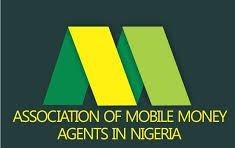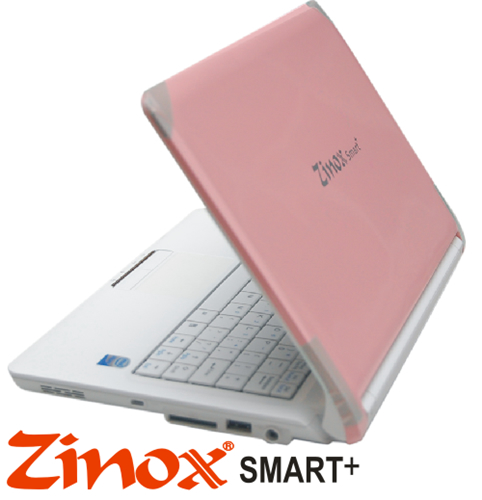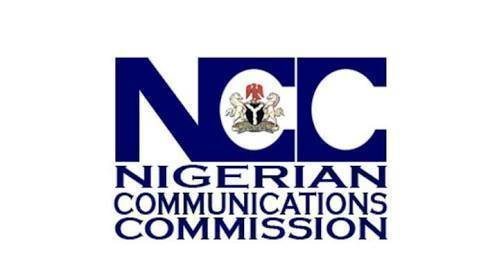Fresh revelations have opened up on why after about five years of operation in Nigeria; mobile money has only been able to attract just one per cent penetration as against the targeted 20 per cent growth on a yearly basis.
A report revealed by Business Hilights Intelligence Unit (BHIU) weekend listed seven key factors that weakened the effective and uptake of the platform as a means of financial transactions by Nigerians.
BHIU said “There was weak introductory campaign and awareness from day one; Loss of strategic interest by telecoms after their struggles to become drivers of mobile money failed; Feeling of insecurity in use of networks when they are not the direct driver; and the fact that current operators’ lacked marketing skills and awareness drive to convince informal sector Nigerians who are the major movers of day to day business transactions”.
Other factor according to BHIU include “Poor financial inclusion awareness drive by banks even though they are the official leaders; Loss of strong service delivery confidence on banks’ by lower income earners; and, Poor government facilitation by driving the scheme with flexible policy provisions during the takeoff of the platform”
“Our investigations revealed further that the only way out to rescue the payment scheme and in the process, fast forward financial inclusion is to reverse the policy driver and allow telecoms to run it as it is in Kenya and Ghana,” the report.
Details from the Central Bank of Nigeria (CBN) gazette showed that two models of mobile money services are identified for operation in Nigeria:
- The Bank-led Model: This is a model where a bank either alone or a consortium of banks, whether or not partnering with other approved organizations, seek to deliver banking services, leveraging on the mobile payments system. This model shall be applicable in a scenario where the bank operates on stand-alone basis or in collaboration with other bank(s) and any other approved organization. The Lead initiator shall be a bank or a consortium of banks.
- The Non-Bank led Model: This model allows a corporate organization that has been duly licensed by the CBN to deliver mobile money services to customers. The Lead Initiator shall be a corporate organization (other than a deposit money bank or a telecommunication company) specifically licensed by the CBN to provide mobile money services in Nigeria.
Currently, in Ghana and Kenya mobile money penetrations have reached 40 per cent and 60 per cent respectively, but in five years only about two million Nigerians out of the estimated 198 million people are on mobile money transactions.
The implication of this is that despite the innovation that comes with it, Nigerians are yet to tap from the huge benefit it carries because the bank-led scheme lacked strong acceptability.
This idea was further shared by the Executive Vice Chairman of Nigerian Communications Commission (NCC), Prof. Umar Danbatta, during his recent interaction with journalists in Lagos.
He averred that having observed that the scheme is thriving well in other climes because it was telecoms-led, “we need to re-direct our focus and ensure that appropriate model is adopted adequately.”
Details show that Nigeria is currently home to about 21 mobile money operators, which comprised 15 non-bank operators and six bank operators that have been carrying out commercial operations.
Danbatta disclosed further that discussions are on-going in the industry on how to get telecoms to become super agents in the scheme of things, saying “With the population we have in the country, Nigeria should play big in the mobile money ecosystem in Africa. Only about one per cent that is about two million Nigerians is currently on the scheme. That is rather too poor. All hands must be on deck to revive that sub-sector of the economy”.
NCC made clear that “If we are to improve on Nigeria’s digital landscape, we must revive the mobile ecosystem, which includes the mobile money scheme”.
Telephone interviews with some telecoms stakeholders on the matter over the weekend showed that they are ever ready to become the key drivers of mobile money in Nigeria if the policy reverse is imminent.









